
Just a random thought, but… how would you fare in a death game? Your Turn to Die, Danganronpa, The Hunger Games, Squid Game. These are stories in which people are pitted against each other in a desperate struggle for survival. Do you think you’d survive to the end? Or would you be the first victim?
This was a discussion I had with my best friend a year ago, one which has become increasingly prescient since that time. We asked ourselves questions about how we’d react in that situation, what we’d do, and how we’d feel. Whether we would break down and doom out or maintain hope in the face of despair. At that time, neither of us had very high expectations for our own survival. The more we talked about this topic; the more for some reason, it started to feel all too real.
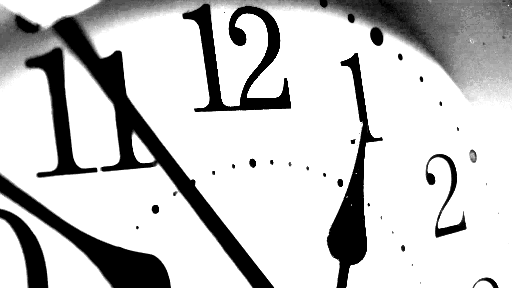
This essay was first started in 2023, it is now 2024. My friend and I are both queer, living in the United States. Here, targeted attacks against people like us are escalating, and on the 20th of January a Fascist political party will seize total control of our national government. They have made clear their intent to eliminate us, and other marginalized people, from public life. Through a coordinated effort, they have transformed our highest court into a piece of political machinery to assist in the party’s ongoing effort to rig the rules of democracy in their favor. They can be defeated, but we should be under no illusions that this deadly threat is one which can be overcome through voting or appealing to an increasingly corrupt court system. We can win, because we must. But this fight for survival is not one which can be won by playing by the rules of an opponent which seeks our complete eradication.
This impending Fascist threat joins climate change, wildfires, floods, growing inequality, a lingering global pandemic, and a multitude of other crises which comprise the multipocalypse that has now become a part of our modern life. It’s hard to think about the future, as it’s all too easy to feel like you won’t have one under these circumstances. It’s a horrible feeling that you are in some inexplicable way, unavoidably doomed. No matter how badly you want to live.
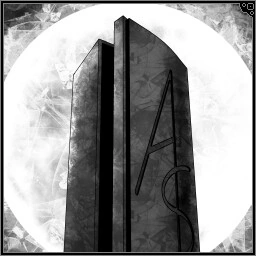
At this moment in time, queer and especially trans, nonbinary, gender non-confirming, and intersex existence is too often a constant struggle for survival. It’s a cruel game maintained by powerful interests seeking to turn our very lives into spectacle for their own political purposes and the sadistic amusement of their followers. Others desire nothing more than to profit from our desperation, our misery, and our deep desire to live full and meaningful lives. Some have it far better than others, but all of us are impacted by this shared reality.
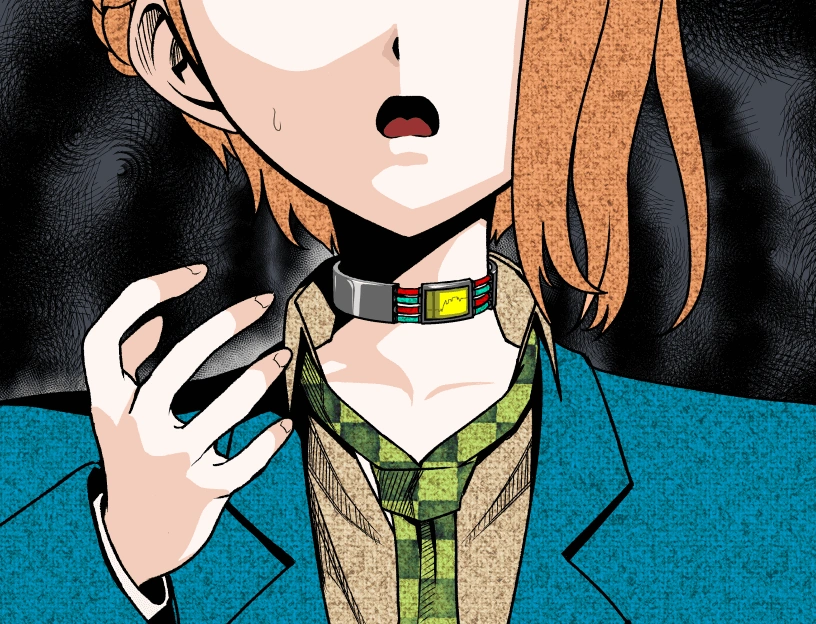
The industries which control resources essential to our survival feel like tight collars around our necks. Medical and social systems we are forced to live under create a strict set of rules which restrict our movement, limit our bodily autonomy, and obstruct our ability to access gender affirming care. It’s all too easy to feel as though our bodies are not even our own. We live with a fear of being targeted just for existing as ourselves.
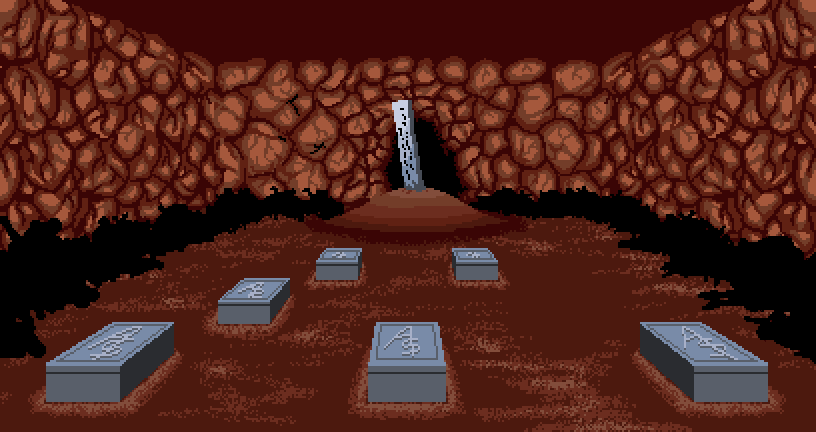
Our lived experience is often starkly marked and divided by trauma and major life shifts. For people who do not fit into the gendered molds assigned to them, transition is akin to a rebirth. The dissonance this presents can be uncanny. A body arising from the coffin of my previous self is still me, more me than ever. This new form can be a source of great euphoria and empowerment, but it can also subject you to an even stricter set of rules required to maintain it. Having a body which needs an external source of hormones serves as a consistent reminder that my body is different, that it requires more than just myself to maintain. That I can’t survive alone. The collar around my neck tightens slightly, and yet somehow I am more free than ever.

The death game of our queer existence is not fair. It’s cruel. Not everyone starts off with the same advantages or chances of survival. We all understand this on some level, even if we choose not to actively think about it. We seek to overcome our disadvantages however we can. Only by doing so can we defy the dystopia before us.
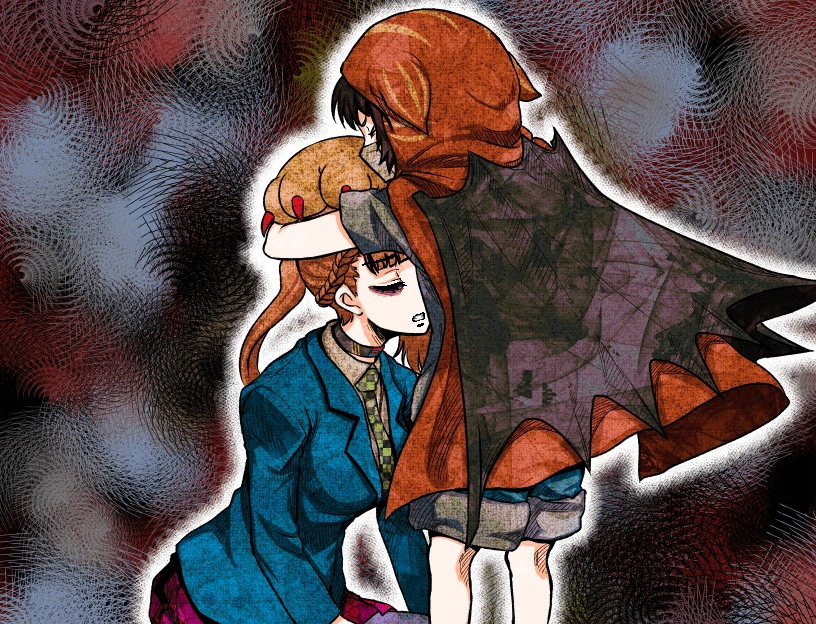
For us unwilling participants, forging strong bonds and community is key. Friends, partners; found family – these connections increase our chances of survival. They form powerful units of mutual support where each person’s weaknesses and strengths compliment the others’. Such networks create a whole that is far stronger than the sum of its individual parts. Humans are hardwired for this kind of collaboration in times of crisis. By working together we can overcome challenges that would be impossible if faced alone. In this twisted game, connection, altruism, and survival itself, are all bold acts of rebellion. So is joy and practical hope in the face of systems that would prefer that we all collectively doom out and slump into a state of false helplessness.
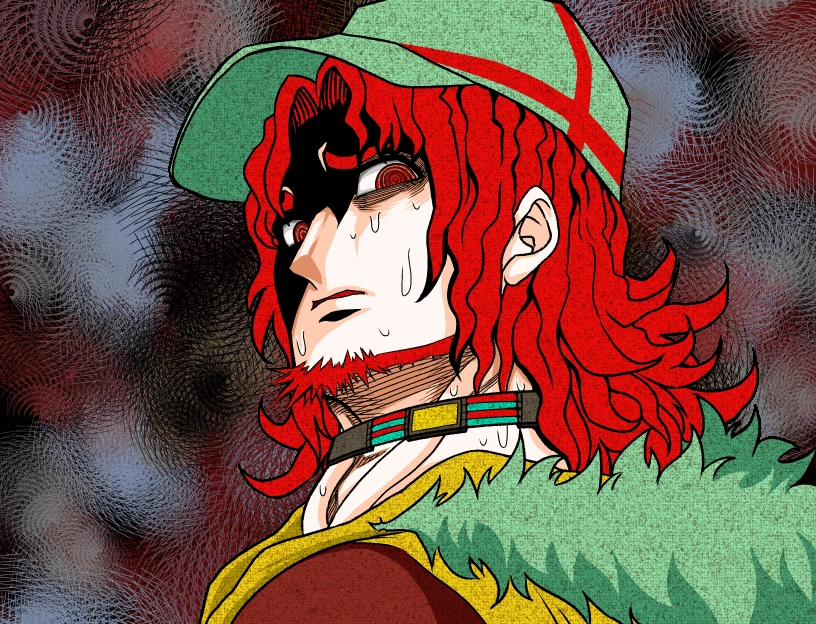
Because in so many horrible ways, this cruel game seeks to pull us away from our natural altruism and towards individualistic survival. It divides us, creates mistrust, and turns us against each other in the most painful of ways. As you read this, vital support is being exchanged, promises of life saving protection are being made, and plans for mutual survival are being drafted. Plans of hope, plans of life, plans of escape. Alliances are forged in flames of love, trust, and altruism, but others are broken against the painful obstructions of material necessity, limited resources, and the complexities of human relationships.
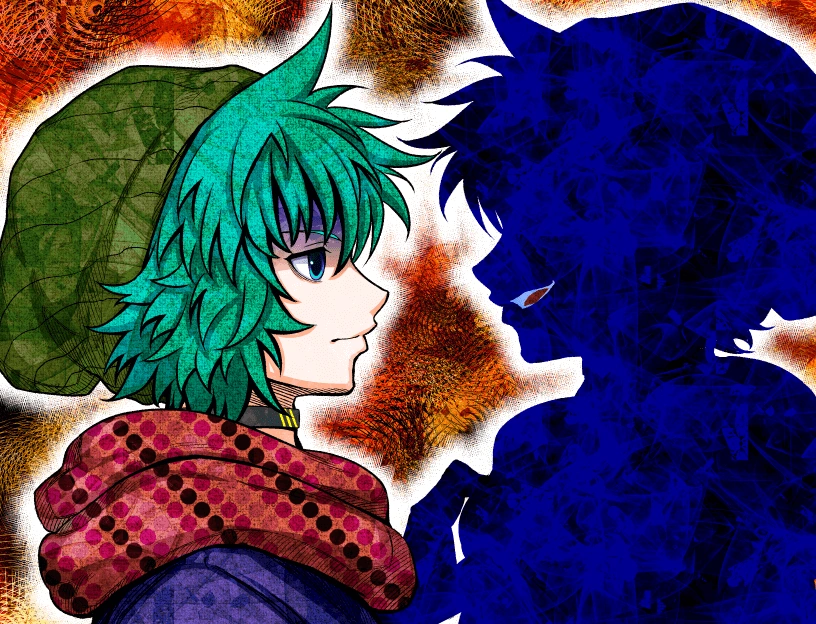
Perhaps most tragic among these, are maladaptive trauma responses which can turn you into a mirror image of everything you oppose. Knowingly or not, it is common for people to adopt the behaviors of the very people and systems that previously harmed them. When such abuse is your primary frame of reference for what power can look like, it’s easy to see why one would have this response in a situation where you know you need power to survive.
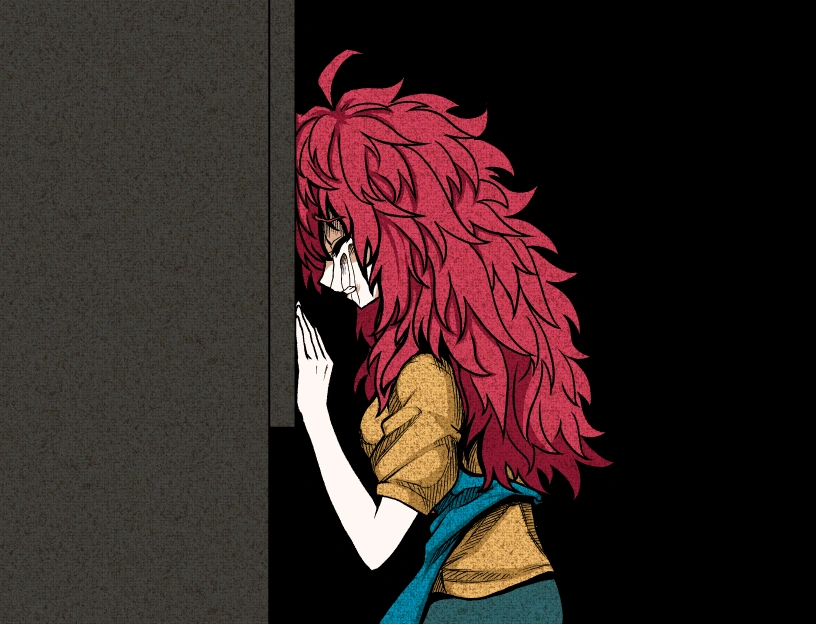
When we look ahead, it would be of great comfort to see people who made it out of this death game alive. People like us who survived what we are currently going through, who we can look up to, at the very least just to give us some idea of what we can expect to be like when we get older. But too often, there is no one like this there for us. We are forced to blaze a new trail largely on our own. The significant fear which comes with this is offset to some degree by the knowledge that every step we take opens a path for all who will come after us. Things are really hard right now, but through our struggles we will make things easier for every generation of queer people who come after us.
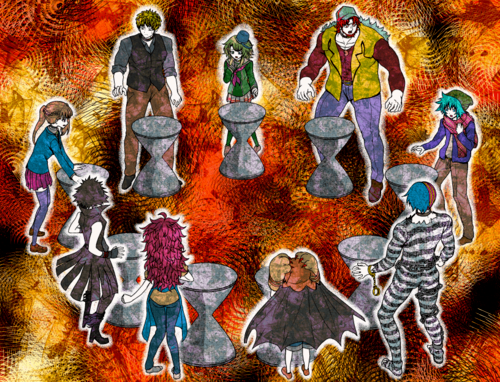
In this game, it is understandable why some gradually close their circle of who they plan to survive with to an increasingly narrow group of loved ones, at times even focusing exclusively on their own survival while averting their eyes to the suffering of those around them. In doing so they cast votes based on love, merit, and perceived worthiness that will determine the survival of themselves and others. Whether it’s due to submission to heart chilling fear or cold practical necessity, it’s generally difficult to judge those who participate in this way. The cruel rules of this game often make it impossible not to do so on some level.
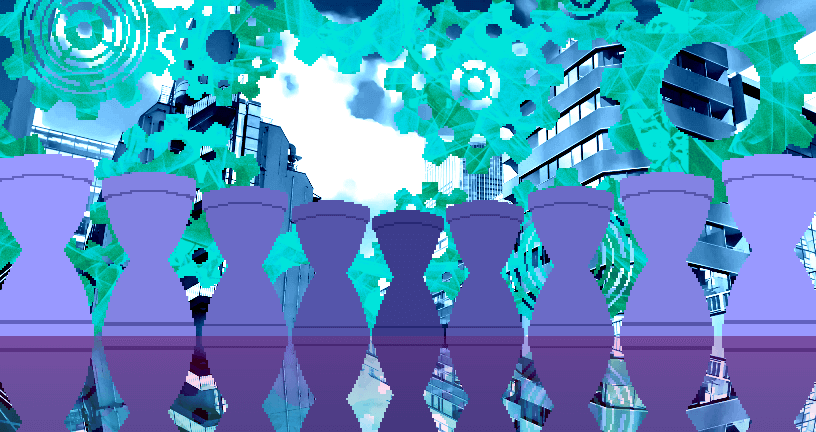
Competing for limited resources in the obscene public arena of medical crowdfunding, or seeking the emotional energy of others in day to day social interactions, people often unknowingly mask their weaknesses and front their strengths, their value, their usefulness, and their worthiness. Worthiness to be included, to be thought of, to be empathized with, to be genuinely loved, to be cared for, and to be safe from harm. This impulse is understandable, because the cost of exclusion is so great.
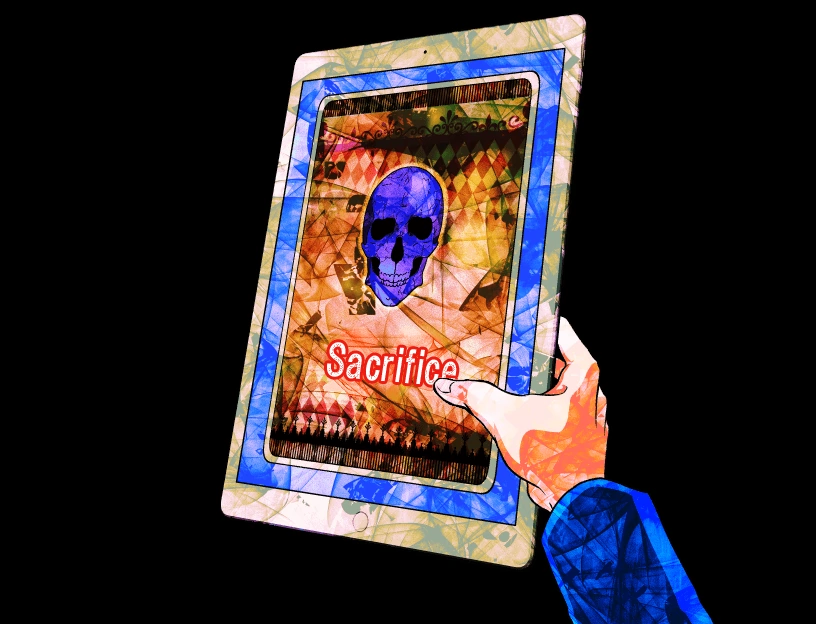
Without a functional support network, experiences like systemic discrimination, social isolation, mental health struggles, and chronic poverty can make you feel as though you’re only a burden to others, somehow harmful or broken, and not worth the cost of keeping around. It can make you feel like you don’t have a place in the world. The idea that you can’t survive alone isn’t irrational, because no one truly can. It’s only human. Fear of being ostracized, excluded, and left behind is ingrained in us on an evolutionary level. Yet it happens far too often to people who did absolutely nothing wrong, their fates merely a consequence of random circumstance and the unfortunate cards they were dealt.

Death has many forms in this game. Your life can be taken from you even as your heart continues to beat. Being deprived of the hormones your body and mind need to develop and function properly to many trans people represents emotional and physical death. It is to be plunged back into a cold suffocating darkness after feeling, for only a short while, the warmth of sunlight on a body that until recently never felt like a part of you. Being isolated from others; never having a loving family or healthy community who sees you for who you really are; not knowing anything but abuse, conflict, and strife; these represent a death-like state of stasis in which growth, development, and true living cannot occur.
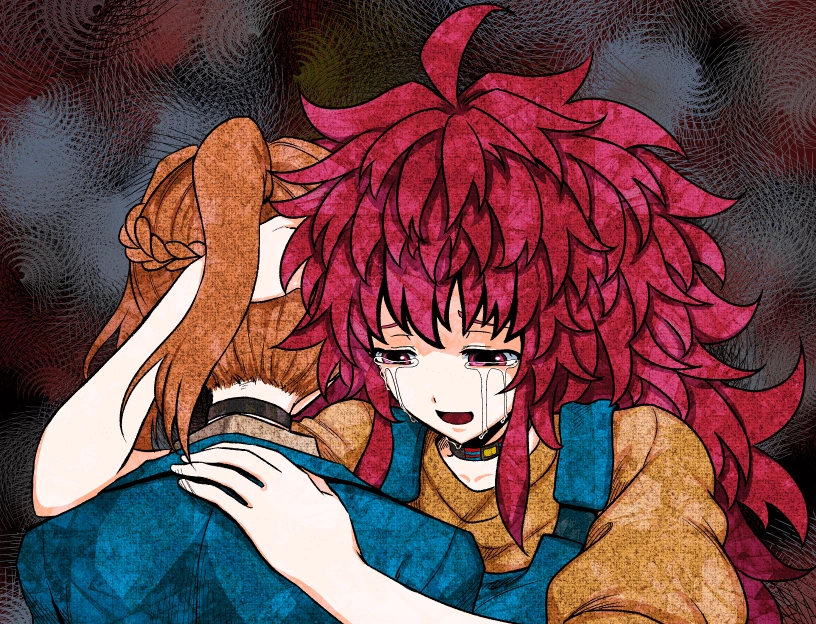
Through the trials of this cruel game arise horribly impossible decisions and terrifying questions. What does this existence even mean if you have to sacrifice others or ignore their anguish for your own sake? Can such a thing ever really be called a victory? How should we weigh our own needs against those of others and where is the boundary between selfishness and self-preservation? Acutely feeling the suffering of absolutely everyone is overwhelming, paralyzing, and beyond the emotional comprehension of most, but just how small should your bubble of empathetic focus be?
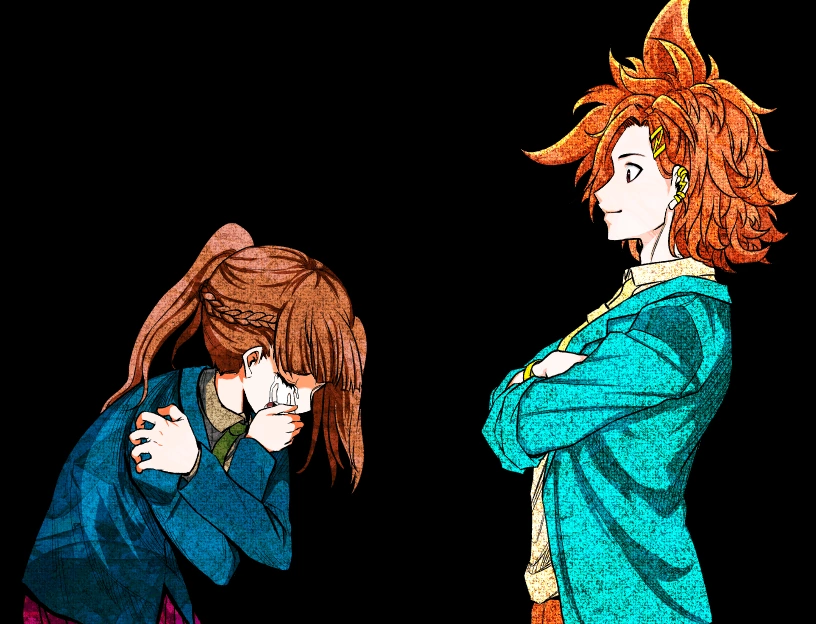
When faced with this daunting challenge, rebellion is necessary. This means cultivating joy under far less than ideal circumstances, making meaningful connections with others even when it’s hard, and establishing mutual support networks which allow us to take care of ourselves and our communities. Maintaining practical optimism even in the face of the adversity before us is vital. This horrible death game can only be brought to an end with an opposite kind of force than what is used by our oppressors to maintain it. Never let them trick you into thinking you’re powerless, or that their control is absolute.
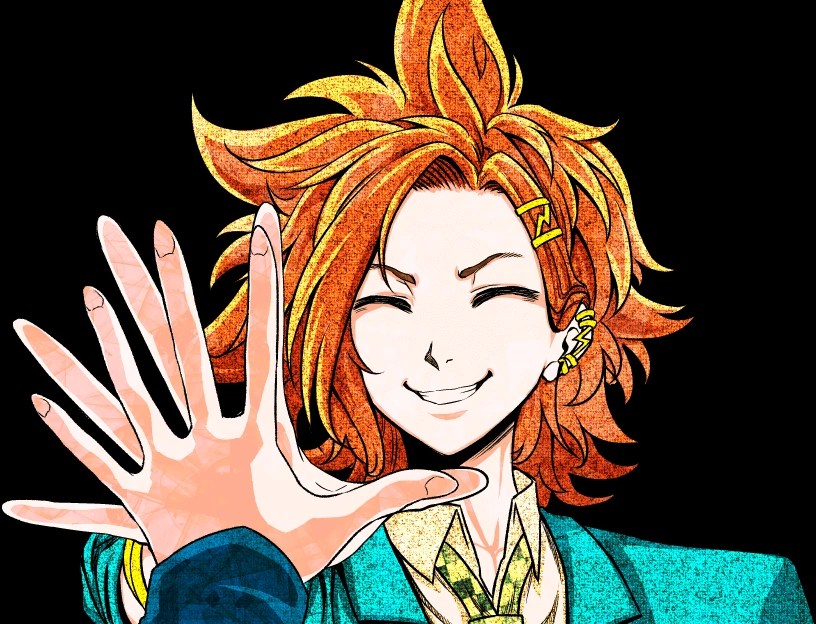
Life as a queer person may be really hard right now, but our existence is not one defined by suffering. The problems we face have solutions we can reach by working together. Our trauma doesn’t make us weak or broken, and over time the pain of the past will eventually fade. Even in tragedy, life goes on. Being able to accept and openly talk about these difficult feelings is vital to processing and working through them. The capacity to do this represents true strength in situations such as ours. Having to ask others for help doesn’t make you a burden or a failure. Reaching out when you need it is only human, and in this struggle you are far from alone! Things will get better, because we are all fighting for a better future together. You are unique in this world and utterly irreplaceable. You have a special role to play in ending this death game, even if it’s just surviving and pursuing your dreams in the face of adversity. That in itself is rebellion!
You will get through this, because even if it’s hard to fully believe it at first…
It's not your turn to die.
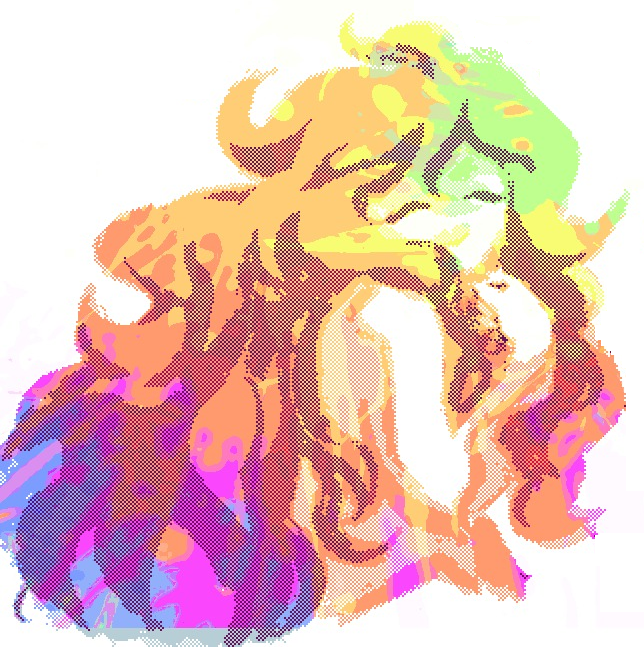 Opening and concluding art by Sylkies Coat
Opening and concluding art by Sylkies Coat